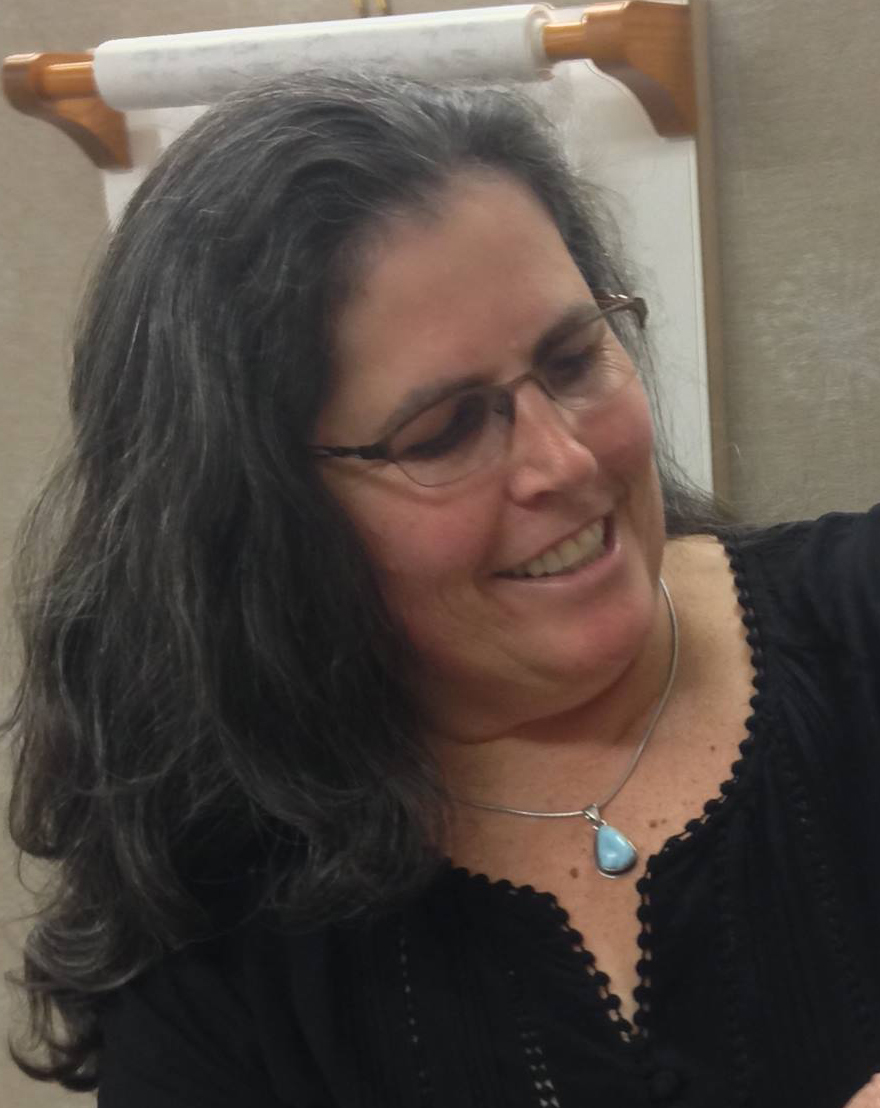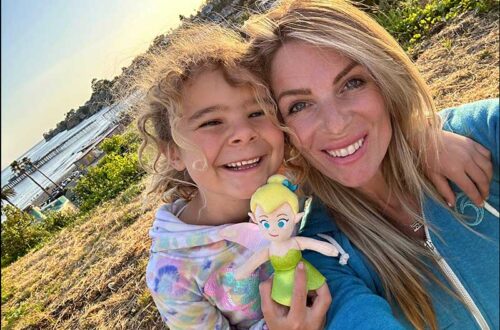Giving birth is often considered a rite of passage. Feelings after giving birth can range from empowered, exhilarated, triumphant, in love with the baby, and “amazed at the power of my birthing body”; to violated, discouraged, shocked, traumatized, and “afraid of my baby.” Others fall somewhere in between.
How is it that the same event can result in such a diversity of feelings?
Surprisingly, it’s not the birth outcome alone that forms these feelings, but rather it’s often related to feelings of power and control, as well as access to accurate information, that can make the difference.
Ideally, birth is attended by care providers who have an appreciation of the body’s ability to give birth, an understanding of how empowering birth can be, as well as a respect for how tenderly newborns can enter this world. This mindset can set the stage for kind, and respectful management of a birth that deviates from its original plan. When decisions are made preserving the birthing person’s power and control, needed interventions can take place without negative experiences. A laboring parent may encounter an extremely difficult turn of events and still be empowered by their experience.
Unfortunately, many expectant parents may inadvertently give their choices and power to others. “I’m not worried, my care provider knows what’s best for me, and will be there for me in labor.” “If I feel any pain my epidural will take care of it.” What happens when that trusted care provider isn’t available for labor?
Are parents prepared for the possibility of an epidural that doesn’t work to take away the pain?
Many parents get information that glosses over facts. They may be told that epidurals don’t have risks, that the electronic fetal monitor makes the baby safer, that labor is too hard, that there is no value in a laboring body working hard to give birth. How wonderful would it be if everybody providing care during labor, birth and postpartum respected the process of birth, acknowledged the inherent strength and wisdom of each birthing body, and shared the power and control in decision making?
Decisions are based on the knowledge at hand in any given moment. As time passes after a birth, many parents may look back on their experience and know that they would make different decisions now. While there is nothing that can change the past, parents do have an opportunity to share their knowledge and experiences with others in a healing way.
Instead of unloading everything that didn’t go as planned, parents can reframe their birth stories to focus on how things might have been improved. Encourage others to fully explore their options. Someone might acknowledge their regret in never booking an interview with a homebirth midwife. Another person might emphasize the importance of looking into a birth or postpartum doula even if their partner is sure they’ll have everything under control. Remind pregnant friends that there are other options for childbirth classes besides those included with their insurance. It can help to be reminded that giving birth is an extraordinary time of life, not just a medical event to be ruled by insurance coverage.
Don’t be that person who shares a sketchy birth story at the baby shower. Instead share about specific services that were critical to the success of your experience. Whether it’s a prenatal pelvic floor therapist, lactation support, postpartum doula help, or a support group for new parents, planting the seeds of empowerment is a generous gift.
Local childbirth classes, doulas, midwives, body workers and more are listed at www.birthnet.org.
By Laura Maxson, LM









